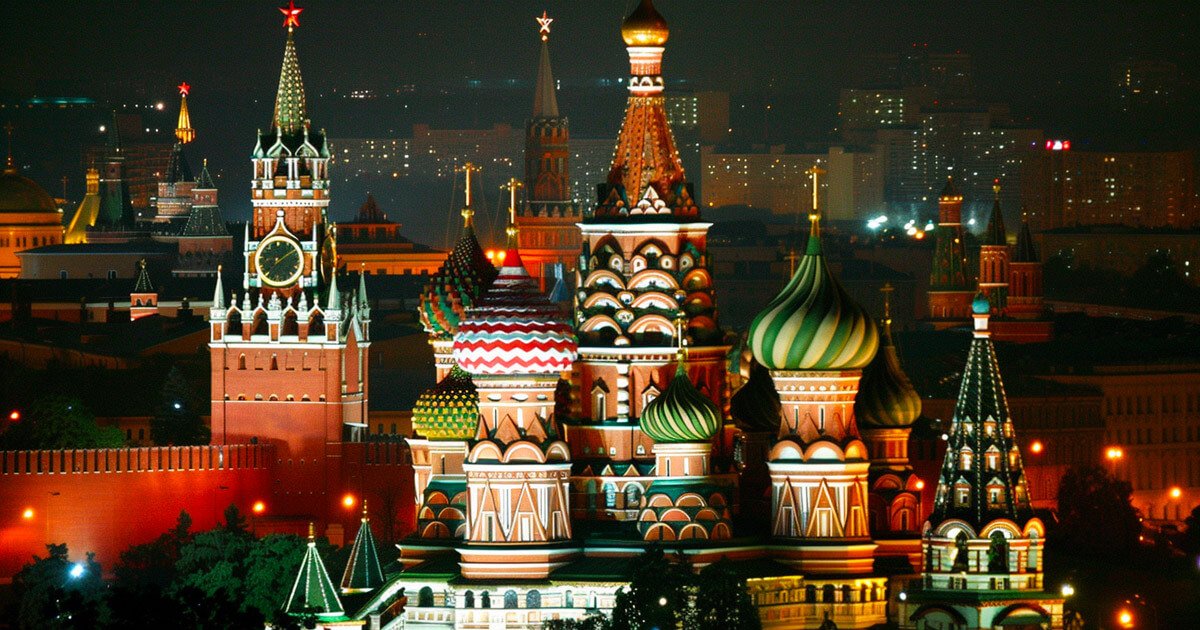Central bank digital currencies (CBDCs) are expected to become widespread and will be used for international payments as a norm within the next five years, according to Anatoly Aksakov, Chairman of the Russian State Duma’s Financial Markets Committee.
Aksakov made the remarks during an interview at the St. Petersburg International Economic Forum (SPIEF). He noted that currently, few countries have made significant advancements in implementing national digital currencies.
According to the Russian MP, this technological lag means countries are not yet ready to use digital currencies for international transactions. However, he expressed confidence that within five years, this will become standard practice.
Aksakov revealed that Russia might start using the digital ruble for international transactions as soon as the second half of 2025. However, he also emphasized the need to first test the digital ruble domestically.
He added that wider implementation within the country, including use by legal entities, is necessary before expanding its use internationally. He also recommended testing budget financing with smart contracts as soon as possible.
Russia has been at the forefront of CBDC development, with the Central Bank of Russia actively working on the digital ruble. The concept of the digital ruble emerged as part of a broader effort to modernize the country’s financial system and reduce dependency on traditional banking infrastructure.
In October 2020, the Central Bank of Russia released a consultation paper outlining the potential benefits and risks of introducing a digital ruble. Since then, Russia has been testing various aspects of the CBDC in pilot programs.
Historically, Russia has pursued greater financial independence, particularly in response to Western sanctions. The introduction of the digital ruble aligns with these efforts, aiming to facilitate more secure and efficient financial transactions, bypassing traditional financial systems that might be subject to international pressures.
This strategic move also aims to enhance Russia’s economic sovereignty and reduce the impact of foreign sanctions on its financial system.
Aksakov also revealed that the initial testing for international transactions in CBDCs could involve China or Belarus.
He said that China has made significant progress with the digital yuan, and both Russia and China have experience in the technology, making it feasible to start settling transactions via digital currencies.
He added that the two nations are “technologically close,” which would streamline the testing process. Meanwhile, Belarus could be a potential partner due to its friendly relations with Russia, Aksakov said.
AJ, a passionate journalist since Yemen’s 2011 Arab Spring, has honed his skills worldwide for over a decade. Specializing in financial journalism, he now focuses on crypto reporting.
CryptoSlate is a comprehensive and contextualized source for crypto news, insights, and data. Focusing on Bitcoin, macro, DeFi and AI.
Join our X community for real-time crypto news and expert insights.
The urgency conveyed in the letter reflects a growing consensus among U.S. leaders that the regulatory framework surrounding cryptocurrencies needs strengthening to address the sophisticated methods rogue nations employ to evade sanctions.
Firms which are said to have helped Russian entities evade sanctions via crypto have been reported by OFAC.
Bitzlato claims partial recovery of funds despite asset seizure and money laundering allegations; nevertheless, withdrawals are still suspended.
EU aims to thwart sanction circumvention by barring Russians from crypto company governance.
Disclaimer: Our writers’ opinions are solely their own and do not reflect the opinion of CryptoSlate. None of the information you read on CryptoSlate should be taken as investment advice, nor does CryptoSlate endorse any project that may be mentioned or linked to in this article. Buying and trading cryptocurrencies should be considered a high-risk activity. Please do your own due diligence before taking any action related to content within this article. Finally, CryptoSlate takes no responsibility should you lose money trading cryptocurrencies.

